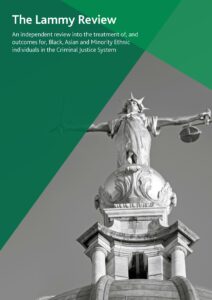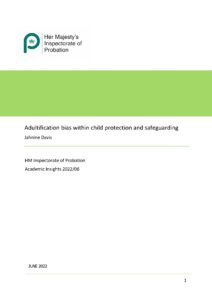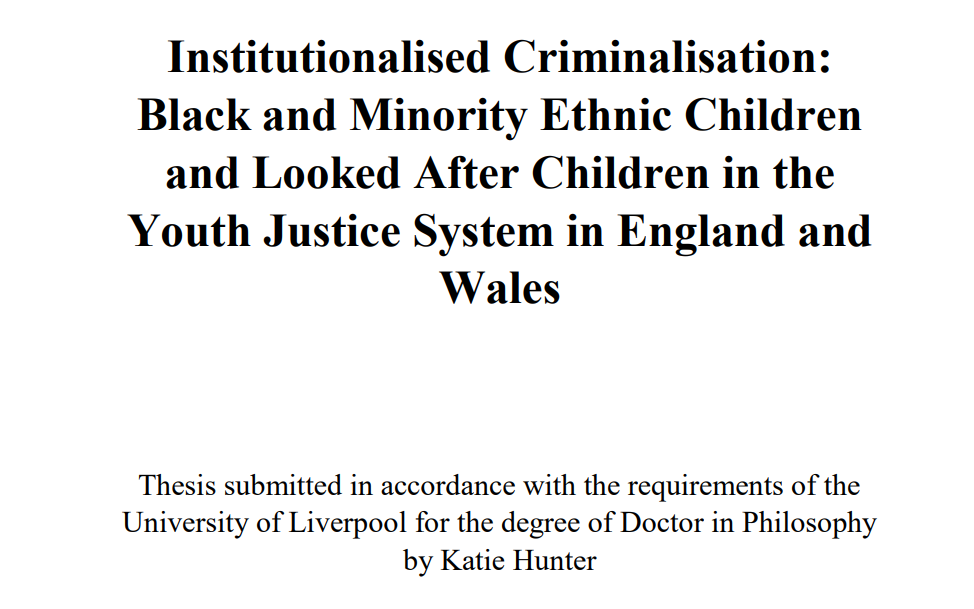In 2017, The Right Honourable David Lammy MP completed an independent review into the treatment of, and outcomes for Black, Asian and Minority Ethnic individuals in the criminal justice system. The Lammy Review highlights the over-representation of minoritised ethnic communities in care and criminal justice systems.
In a report on adultification bias within child protection and safeguarding, adultification is defined by Davis and Marsh (2020) as:
‘adultification is when notions of innocence and vulnerability are not afforded to certain children. This is determined by people and institutions who hold power over them. When adultification occurs outside of the home it is always founded within discrimination and bias.’
According to Davis and Marsh, black children are most likely to experience adultification bias, which leaves black children and young people at greater risk of harm due to a subsequent lack of safeguarding from professionals and organisations. In this sense, adultification may be in breach of child welfare and equalities legislation and guidance.
The report encourages professionals to take responsibility for understanding and counteracting adultification bias, which is important when considering the process of children and young people being criminalised.
‘If equity, diversity and inclusion is not centred in child safeguarding practice, regardless of the intervention and approaches taken, adultification is likely to occur. If the starting point is to question the existence of racism and racialised stereotypes, instead of how its existence can misguide child protection and safeguarding services, Black children, including those from other ethnic minoritised backgrounds may have their needs overlooked and erased.’
Davis & Marsh, 2020
Click below to read the report:
Adultification within child protection and safeguarding



